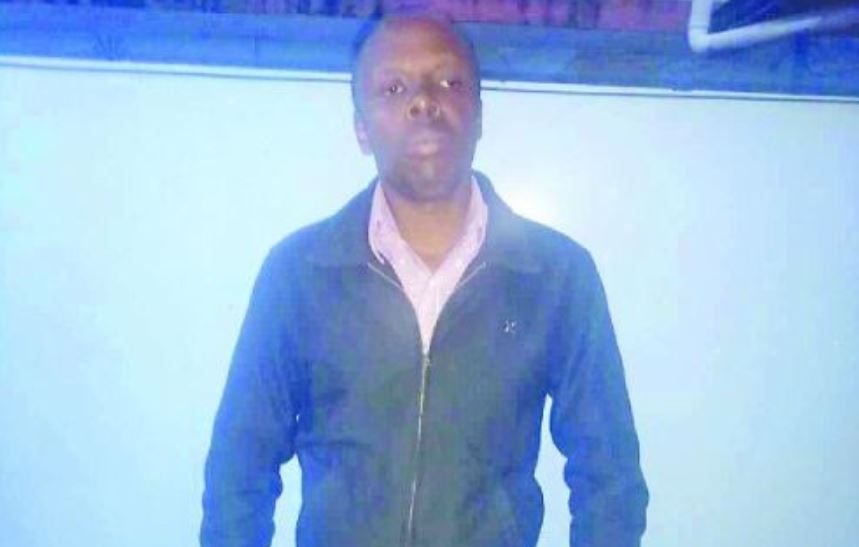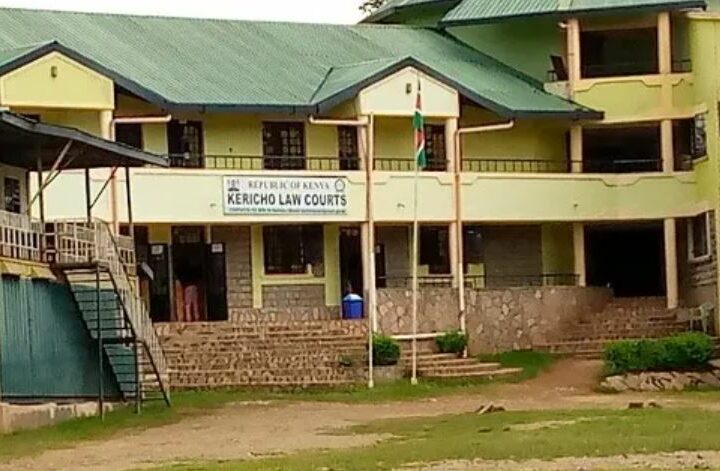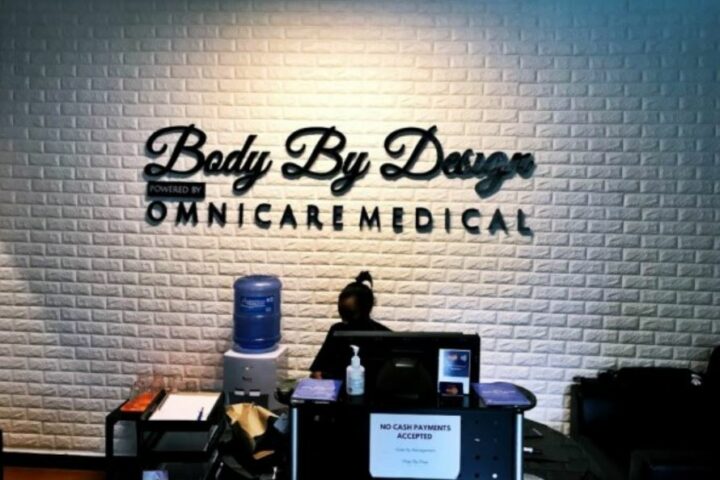
Briefly introduce yourself.
My name is Ibrahim Ngigi Mungai. I’m 35 years old. I was born in Narok but later shifted to Limuru and finally to Nairobi. I hold a Bachelor’s degree in Purchasing and Supplies Management from JKUAT and a Diploma in Transformational Church Leadership from PAC University. I am Schizophrenic.
When were you diagnosed with Schizophrenia and what do you think were the triggers?
I was diagnosed with Schizophrenia in September 2015 and admitted to Mathare Mental Hospital. I have been on and off the hospital because of relapses. Doctors have never told me the triggers but I believe genes in my family though it’s never traceable could be a cause. Again, a lot of childhood trauma, adverse childhood experiences, as well as alcohol abuse could have triggered the condition.
What were your initial reactions upon diagnosis of this condition?
I was in denial for a while. I consider myself very sharp and bright and so I failed to understand how this could happen to me. It took me more than four years to accept.
How has this condition affected you on a personal level?
I am never able to focus on my career or any project. It has also affected my family financially because of medication and hospital bills at Mathare Mental Hospital and the stigma is real. It has affected my self-esteem and my interactions with people.
You are actively involved with mental awareness campaigns; please tell us more about them
In my daily mental health awareness, which I do through webinars, my motivation has always been to sensitise people who have been diagnosed with Schizophrenia or have a family member with the condition to seek help and better manage their condition. It has always been to create awareness of available treatment and management of the disease and how to come up with life coping mechanisms. I intend to mobilise funds to take sick people from the streets and towns to mental health facilities.
What impact have these campaigns made so far?
My greatest impact has been sensitising parents and especially those with teenagers to spend more time with their children. I have been able to educate parents on how some of the many addictions like substance abuse can lead to one getting the disease.
What opportunities have you missed due to this condition?
I am not able to keep jobs.
What do you think the government needs to do to better mental healthcare in the country?
Empower the county hospitals with more qualified personnel, improve the facilities, and enhance access to drugs. I have been to the hospital many times and went back home without the prescribed drugs because they weren’t available. The government can do better and make sure we have access to proper healthcare.
Courtesy: The Nairobian








